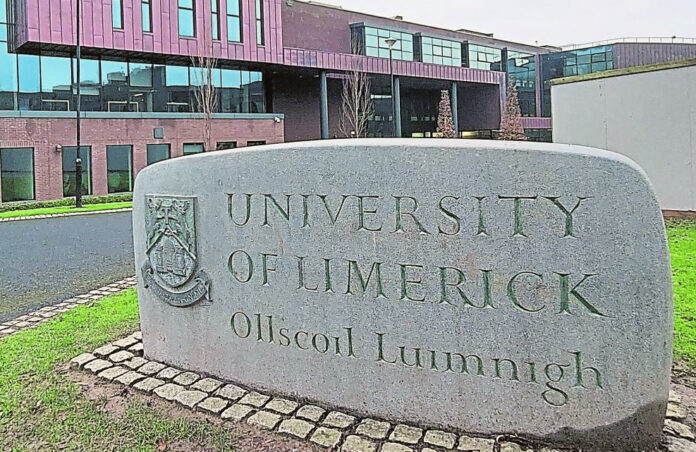A NEW study by academics at the University of Limerick (UL) has examined the link between adverse childhood experiences and a higher risk of premature mortality.
Researchers believed that those who suffered adverse experiences in childhood, such as emotional or physical abuse, household instability, socioeconomic climate, and ill health, can have an increased risk of premature mortality.
The new study, which followed 6,128 people across 24 years in the United States, found that self-acceptance (positive attitudes towards oneself and acknowledging and accepting multiple aspects of yourself) and purpose in life (a sense of a goal-directed direction in life) explain part of the reason why childhood adversity is related to future longevity.
Led by associate professor of psychology at UL, Dr Páraic Ó Súilleabháin, the study was conducted in collaboration with researchers from University of Limerick, West Virginia University, Open University of the Netherlands, University of Minnesota, and Florida State University.
“It is very important to find the ways in which experiences such as these early in life can have an impact across our lives. We have previously found that these experiences are related to a shortening of life expectancy. It is important to understand the mechanisms linking them, so that ways to increase life expectancy can be identified,” Dr Ó Súilleabháin said.
“We found that self-acceptance and purpose in life are very important in the link between these childhood experiences and risk of death in adulthood. In other words, of all the possible factors in the link between childhood adversity and risk of future death, it appears that self-acceptance and purpose in life are two important drivers.”
They included 20 possible childhood adversities, and the results show that adverse childhood experiences, significantly increase mortality risk and that self-acceptance and purpose account for a percentage of those – effects which withstood a range of adjustments and sensitivity analyses, according to the researchers.
Given that self-acceptance and purpose can change through intervention, these factors may be useful targets for individuals with adverse childhood experiences that could reduce the health risks in later life, Dr Ó Súilleabháin explained.
“Impacting self-acceptance and purpose in life in adulthood for those who have had childhood adversity, may ultimately impact their longevity,” Dr Ó Súilleabháin added.











